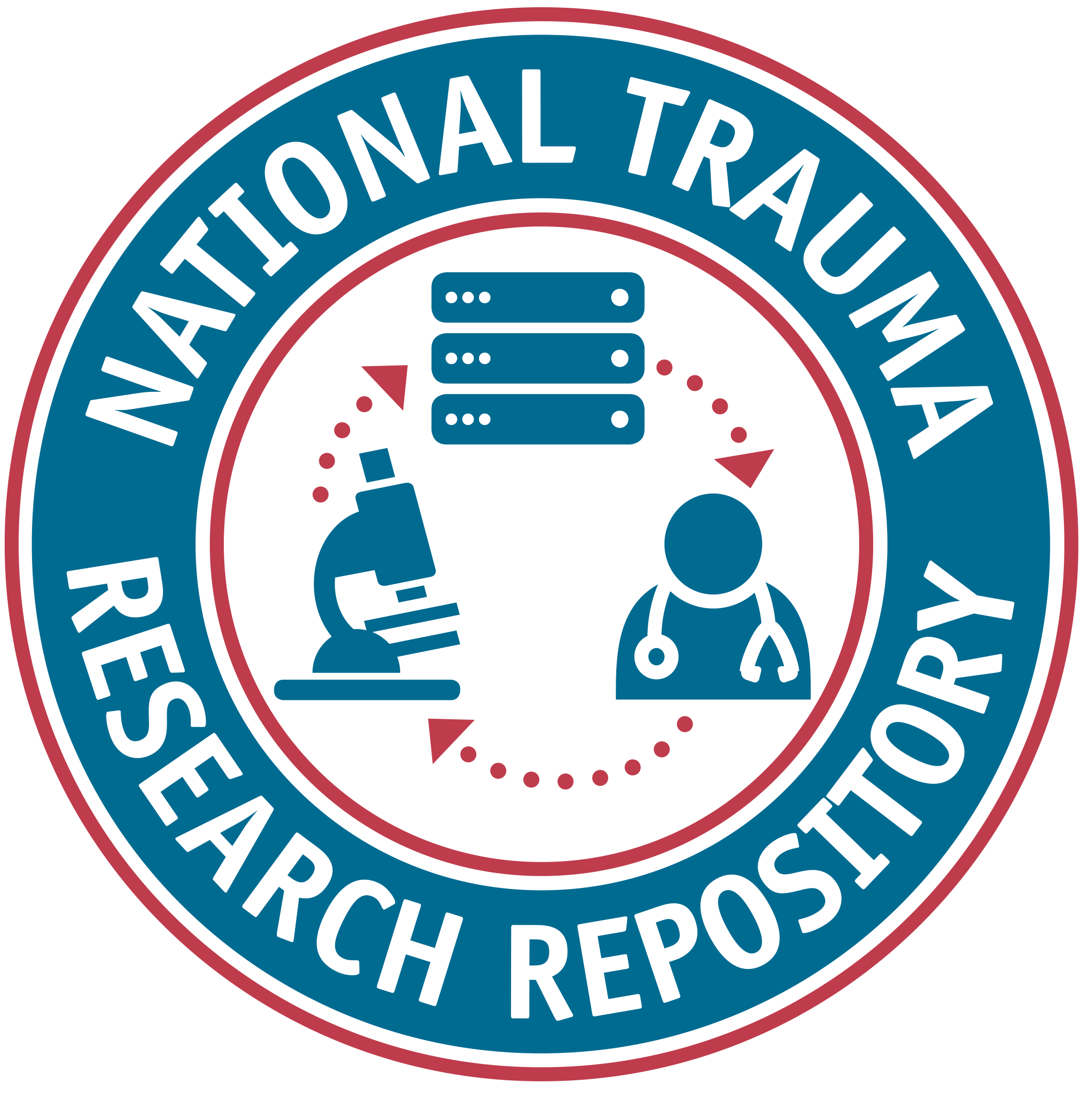Listed below are the details for the data element.
FITBIR
1.0
Element Type
Common Data Element
NIH Toolbox Emotion General Life Satisfaction Parent Report 3-12 - Different life scale
NIHTBGLSPR3to12DiffLifeScl
Short Description
Scale of parent report of agreement to the statement: My child wishes he/she had a different kind of life, for ages 3-12 as part of the NIH Toolbox Emotion General Life Satsifaction Parent Report Short Form
Definition
Scale of parent report of agreement to the statement: My child wishes he/she had a different kind of life, for ages 3-12 as part of the NIH Toolbox Emotion General Life Satsifaction Parent Report Short Form
Notes
Creation Date
2016-07-08
Historical Notes
References
Huebner, E. S. (1991). Initial development of the Students Life Satisfaction Scale. School Psychology International, 12, 231-243. , Huebner, E. S. (1991). Further validation of the students' life satisfaction scale: The independence of satisfaction and affect ratings. Journal of Psychoeducational Assessment, 9, 363-368. 2. Diener E, Emmons RA, Larsen RJ, Griffin S. Journal of Personality Assessment, 1985,49, 1, Huebner, E. S. (1991). Initial development of the Students Life Satisfaction Scale. School Psychology International, 12, 231-243
Data Type
Alphanumeric
Input Restrictions
Single Pre-Defined Value Selected
Population
Pediatric
Guidelines/Instructions
The NIH Toolbox General Life Satisfaction Survey is a self-report measure that assesses global feelings and attitudes about one's life. A computer-adaptive test (CAT) is used for adults; a separate computer-adaptive test version is used for ages 13 to 17 and a 5-item fixed length form is used for ages 8-12, as well as for the Parent-Report version with ages 3-12. In addition a fixed length self-report form is available for ages 13 to 17 and 18-85, as supplemental measures. Items administered include those with both 5-point and 7 point scales, with options in each case ranging from strongly disagree to strongly agree. Higher scores are indicative of more general life satisfaction.
Preferred Question Text
Indicate how much you agree or disagree: My child wishes he/she had a different kind of life.
Category Groups and Classifications
| Disease | Domain | Sub-Domain |
|---|---|---|
| General (For all diseases) | Assessments and Examinations | Physical/Neurological Examination |
| Traumatic Brain Injury | Outcomes and End Points | Psychiatric and Psychological Status |
Classification
Traumatic Brain Injury:
Supplemental
Epidemiology
Acute Hospitalized
Moderate/Severe TBI: Rehabilitation
Concussion/Mild TBI
General (For all diseases):
Supplemental
Keywords
EmotionBattery
NIHToolbox
General_Life_Satisfaction
Labels





